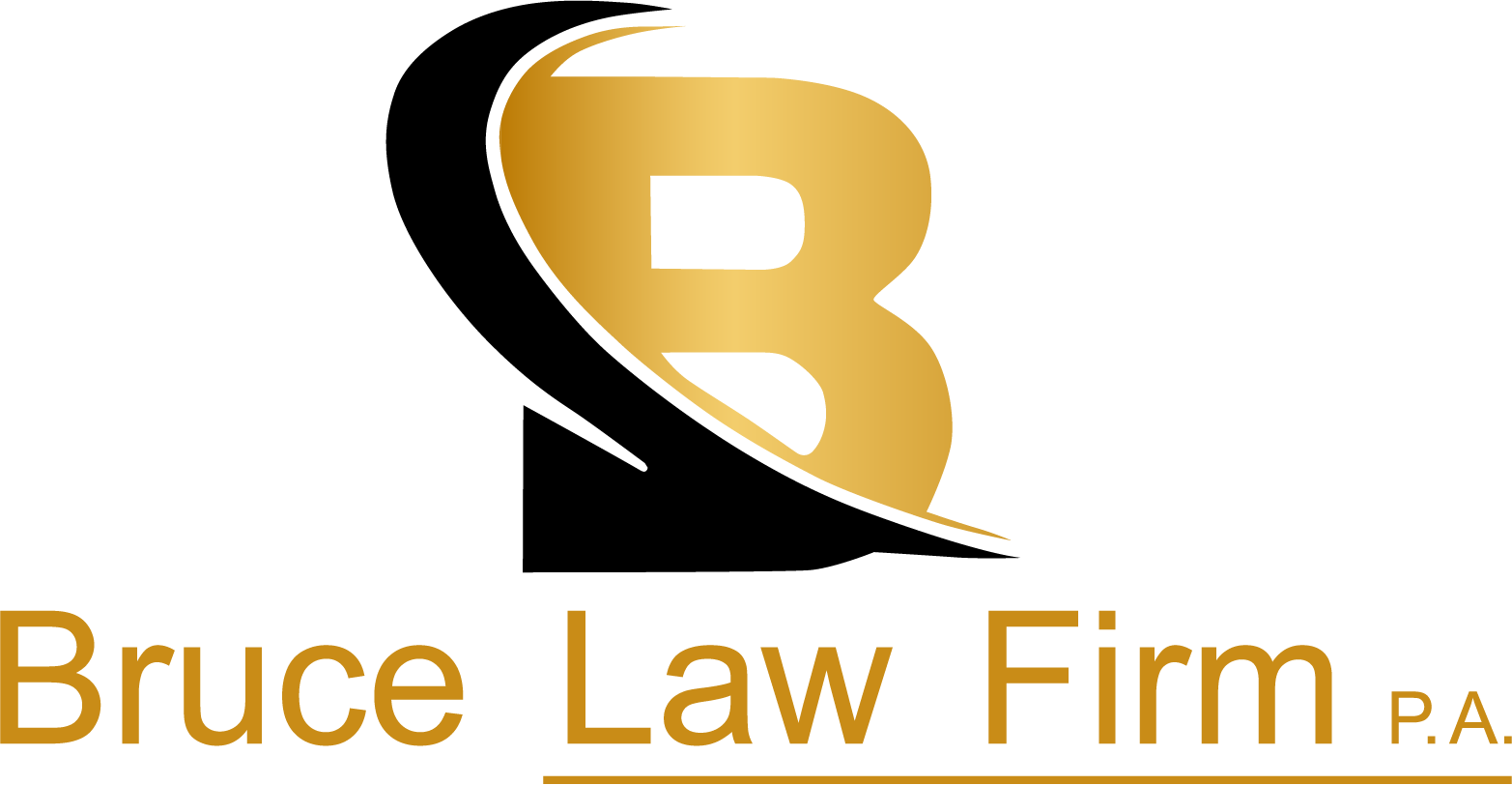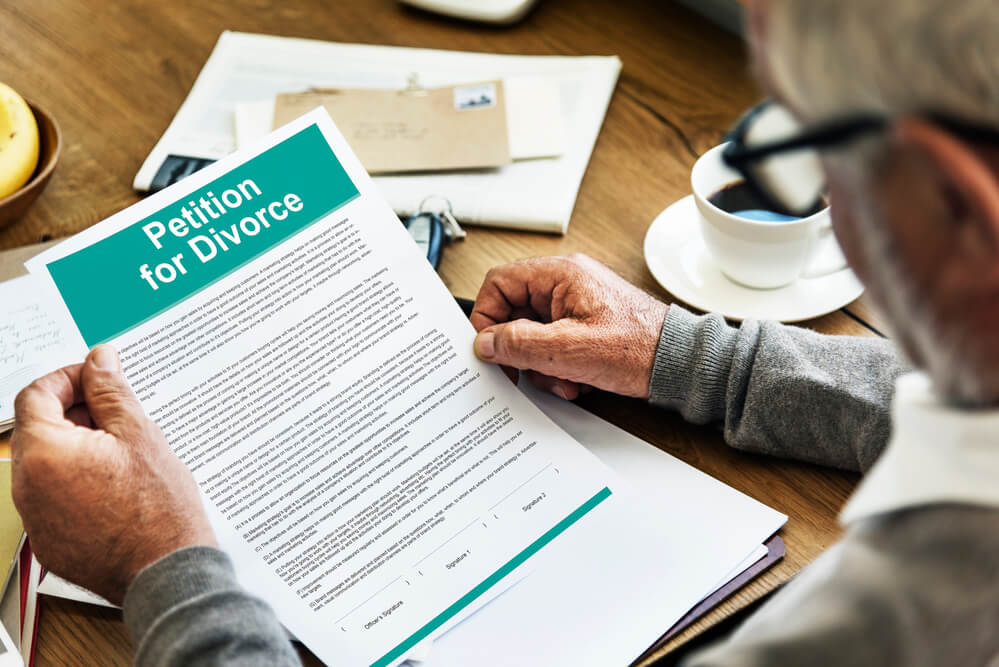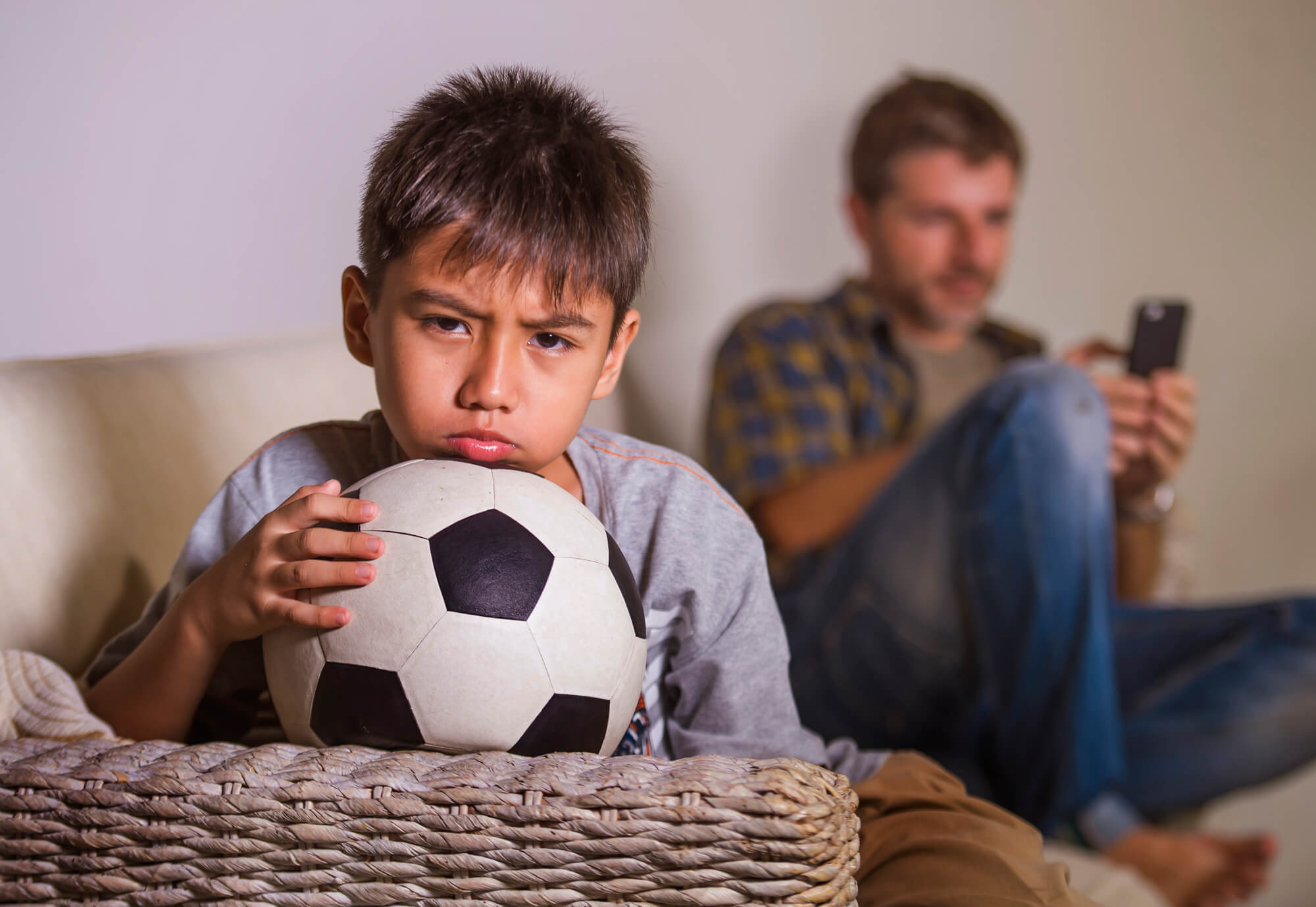TRANSCRIPT FROM INTERVIEW
Christopher: Hi everyone, my name’s Christopher Bruce. I’m here with Wynne Stallings. She’s a licensed mental health counselor in Palm Beach Gardens and owner of SoulSpring Counselling, and we’re going to be talking today about a very timely topic: it’s how to cope with this current crisis right now. As we’re taping this, it’s in the middle of the coronavirus crisis. The governor here in Florida just entered a statewide stay at home order and Wynne and I are going to be talking about how to deal with all of this and how to make the most of it.
Christopher: It’s a very, very interesting time and I thought Wynne would do a great job helping us explain how we might choose to look at it. I’ve had the pleasure of knowing Wynne for probably, gee, about six, seven, eight years now and we’re in the same area. But Wynne, maybe tell us a little bit about yourself and your practice and we’ll get into this here.
Wynne Stallings: Okay, thanks. Yeah, my name’s Wynne Stallings. I’m a licensed mental health counselor. I’ve been licensed since 2011. I’ve been in a therapist capacity since 1997. I own SoulSpring Counselling and we’re a group psychotherapy practice. There’s four of us practitioners, all licensed, and we’re in Palm Beach Gardens. So, thanks for having us.
Christopher: Well, it’s awesome to have you and your team through you on here. And we were talking a little bit before we started taping here, just how unique what’s going on is and really everybody in the world, quite frankly, is being affected by this at the same time. Just from what you and your team are seeing with the clients that you have and maybe yourselves, quite frankly, what are some of the biggest challenges that people are having right now dealing with all of this?
Wynne Stallings: Well, in terms of the clients that we’re seeing, some of the biggest challenges are just the constant day to day adjustments. So, “Is my business going to get to stay open? Do I have to move into remote working? I’m now remote working; my kids are running around. I can’t get anything done. My significant other is remote working; now I have to teach. What’s the next thing it’s going to happen?” So, it’s a constant stream of adjustments that we don’t know what’s going to happen next.
Wynne Stallings: And then beyond that, clearly there’s incredible fear that people are experiencing and adjustment issues. I mean, in our area in Florida, we really haven’t been touched by the actual virus. Very few people have. So we’re in the adjust and prepare phase, which is pretty significant. This will change as, assuming that the cases will increase in our county and we’re more touched directly by the virus itself. It’s a huge adjustment. Huge fear.
Christopher: So for the, well, I’d say the people dealing with this usually, but for really everyone, what’s the best way for us to deal with this? What are the best skills to try to have as all of this going on?
Wynne Stallings: Any and all. So, there’s definitely some things that can be helpful. There’s definitely some things that are not going to be helpful. So one way to look at this, there’s many ways I believe, but one way is something we use in the field called resourcing. That’s good for any challenge that we come up against, is what are our resources at our disposal? So those can be categorized interpersonal, in other words, my relationships with others, intrapersonal, what is true about myself, and transpersonal, which is a relationship to a higher power or a higher being or collective.
Wynne Stallings: And so, we want to tap into any and all of our own sense of resilience, sense of strength, sense of purpose, sense of intuitiveness, anything within ourselves that we’ve already developed, we’re going to need more of. Our healthy relationships, the people that support us, the people that are positive influences in our lives, we need to develop and reach out to those people. And then any degree of faith that we may have, if there’s ever a time for faith, I think it’s now, whatever your faith may be or whatever your sense of place in the world.
Wynne Stallings: And something that I’ve just kind of been saying is, “Dig in.” Dig in and dig deep. If I could branch off a tiny bit, for me something that I turn to a lot is my history of having been an athlete and how, it’s not just for athletes, but if you’ve ever been in a situation where you’ve had to pull from a deep place within you in the past, all of those skills that you’ve developed in the past transfer and are useful in a time like this.
Christopher: So Wynne, we were talking a little bit about coping skills, but some of the people who are listening to this, I mean they might be like me. They’re used to going around and being around people, having their routine during the day, having just things they’re used to doing and now that’s been replaced by, they’re ordered by the governor as of yesterday to stay at home. They can’t go do a lot of the things they used to do. They might be used to being around colleagues all day in an office and now that’s gone.
Christopher: Their children might be, at least like mine, running all over the place behind them as they’re there trying to work and their partners, they’re possibly doing the same thing with their work. It’s a lot going on, I think for, maybe this is just a question for me, but what are some of the practical things that people can be doing in their home right now to deal with all this stuff?
Wynne Stallings: Great question. And I honestly think that the answers are endless. I mean, I can think of a lot of different things, but one, we talk a lot about self-care in our field. There’s never been a greater time to have self-care than right now because if we’re not taking care of ourselves, our physical, emotional, spiritual, social, intellectual selves, this pandemic is so monumental, it will find the cracks in our armor and will expose them.
Wynne Stallings: So now more than ever, we need to build up our self-care. So what does that look like? Well, people talk about this all the time, but now it’s even more important. Taking care of yourself. Everyone’s routines have been disrupted. Find a new routine. Find a new normal. Stay with your normal bedtime. Stay with your normal wake time. Stay with your normal routines with your kids. Stay with your normal work routine.
Wynne Stallings: Our ability to take care of ourselves in terms of our exercise. Gyms are closed. Dance classes are closed. You know, things are closed. So find a new normal. Exercise in your home. Get on the video. Look for ways to take a class online. There’s yoga classes, Zoomba classes, dance classes, gym classes. You can work out your body on your own. Find some video.
Wynne Stallings: Find ways to socialize. Lots of people are getting together through Zoom. Reach out to your friends. I’ve never seen more friends on Facebook than I have in the last week. People are jumping back on because we’re trying to connect. So reach out to your old friends. Reach out to people you haven’t talked to in awhile.
Wynne Stallings: Guard what’s going into your mind. This is huge because there’s so much information that may … There’s factual information and then there’s a lot of speculative information and the speculative information is often what’s plastered in the news or out there, and too much of that can really rub up panic, fear. And when we’re revved up with panic and fear, we tend to make decisions that are not good for us. So we’ve got to keep positive messaging in our brains, whether it’s what we read, what we listen to, who we’re talking to.
Wynne Stallings: There are people in our lives that may be encouraging and affirming and there may be people in our lives that are, “Sky is falling,” and the Negative Nancy. We’ve got to learn how to limit our interactions with those people. And there’s a lot that can be done around the home. How many closets have been sitting around waiting to get decluttered for the last five years? How many cooking recipes have you been wanting to try in the last five years? Do you have some home decorating? Have you been needing to paint something?
Wynne Stallings: There’s lots in your home that, chances are, has been waiting to get taken care of. And then of course, what’s really important is just reaching out. Reaching out, reaching out, reaching out. The big challenge between this crisis and so many others is the isolation that accompanies it, and we need to take care of ourselves so that we can be available to be there for others. There are so many people that either need our help now or they’re going to need it. And so, take care of yourself, be available, be a resource. Look for people that you can help.
Wynne Stallings: Someone said to me about a week ago, he can’t work at home and he’s like, “Well, it’s time for me to go be bored.” I don’t see a reason to be bored right now. There is something that can be done. Pets need to be adopted. There are so many pets. That is a great way to cope with loneliness, is having a pet. They don’t have to social distance. Mine crawls all over me. [inaudible 00:11:32]. And there’s so many other things that we need to do to take care of ourselves. And just remember, we’re not alone. This will end. Humans are resilient. We will come together.
Wynne Stallings: Yes, our lives will be changed. There are good things that are going to come out of this. We’re going to find good habits, we’re going to find good relationships. A lot of people are resolving issues in their home because now they have to, and I’ve been very thankful to be able to facilitate some of that. They’ve learned to work through their differences. A lot of good’s going to come out of this. A lot of tragedy is also coming out of this, but it’s not one-sided and from a mental health perspective, we need to focus on … You don’t want to deny reality, but we also need to make sure that we’re remembering what is good and positive to maintain hope. And that is what I think is the best thing that we can offer people, is where can we find hope?
Christopher: It sounds like a lot of what you’re saying is, it really is all how somebody wants to choose how to look about this. If you want to sit in your house and isolate yourself from people and continue watching the network news and just do that, well, I mean you can choose to do that. But there’s a lot of things you can also choose to do right now that number one, you might actually enjoy doing, but number two, might help enrich the lives of not just you, but also of other people, which might kind of create for yourself a little bit of a positive feedback loop and really maybe help make your life better. Not just while this is going on but, but afterwards. And you can just choose which way you want to go, but there’s a lot to come from choosing the positive, it sounds like from what you’re telling me.
Wynne Stallings: Yeah, there’s so many options and no one can choose for us but us. And there may not have been a more global opportunity and challenge for each of us as individuals on the choices that we make. What are we choosing? Because what we choose today will bear fruit down the road in terms of are we going to be resilient, are we going to make it, are we going to have enriched relationships, are we going to make lemonade out of lemons or are we going to choose something that’s unhealthy?
Christopher: I think that’ll be a good … Go ahead.
Wynne Stallings: Oh, I was going to kind of segment out in that another piece of something that’s happening is clearly people that already had substance issues are worse. People that didn’t have substance issues are starting to have them. So, I’ve got some concerns about poor coping skills that people are resorting to. And I would just say to anyone that’s experiencing that, whether there’s a lot of anger, a lot of loneliness, a lot of depression, a lot of anxiety, a lot of compulsive behavior, over-drinking, whatever, just please reach out for help.
Wynne Stallings: If there was ever a time that stigma needs to be tossed out the window, it’s now. As a therapist, one of our barriers to giving help to people is stigma. So we’re fighting an invisible enemy too, in terms of what prevents people from getting the help. There is no room for stigma right now. None, none. Everyone is affected. Many people are going to feel a sense of post traumatic stress disorder symptoms. Get help. Don’t make a bad situation worse by choosing to engage in coping mechanisms, which are really harmful mechanisms.
Christopher: Yeah, I think that’s important. And I mean, I’ve been just from this, I guess, virtual law practice I seem to have right now, two calls today that dealt with people dealing with pretty much that kind of thing. Falling back on an old crutch, so to speak. And it’s real stuff and as difficult as that can be to deal with and talk about, you can also choose to try to find another way to cope that’s more healthy I think, and much more positive. And I think probably both of us would love to see more people doing that, and it is a choice. Everybody has a choice in it and they get to make it. It’s a just, I would urge everybody to try to make them more positive choices that are going to help you, not only through this, but down the road too.
Wynne Stallings: Yeah. Ask for help. Ask for help. Just ask. It’s there. People are there.
Christopher: And I think just on that note, you and I were talking before, I didn’t quite realize the extent of it, but even with your practice I believe, you don’t actually have to be in the office. You can get you, your team, other people in your field to help you just like we’re talking right now. Maybe a little more secure, I mean, in that the case.
Wynne Stallings: Yeah. I mean, like I said, we’re in a place for the most part of triaging. Everyone’s making an adjustment, so nearly every time I’m meeting with someone it’s like, “So, tell me about your week. What adjustments have you made?” And they’ll talk about, I’ve got clients that are in high school that aren’t in school and now they’re dealing with their parents and the challenges there, or someone was supposed to go to college and now that’s on the back burner or I’ve got a couple that wasn’t getting along and now they’re having to make all these adjustments. So, it’s a week to week to week, “Let’s just update me on, tell me what’s up, how’s it affecting you and let’s find some practical solutions you can put in place so you can make it to the next week.”
Christopher: That makes a lot of sense. I mean, since my wife and I, we’re both lawyers together, but we’re both parents together too. And we have our kids running around because there’s nowhere for them to go.
Wynne Stallings: There’s nowhere for them to go.
Christopher: But I think so far during the pandemic, and combined with before, I’ve seen a Frozen II about 20 times now and one of the little characters always says, “Well, we have to just do the next right thing when you don’t know what to do.” And it’s probably a lot to be be said for that right now because none of us are exactly trained for what’s going on here at this magnitude.
Wynne Stallings: Mm-mm (negative). No.
Christopher: So, Wynne, you’re a therapist, I’m a divorce lawyer. Right now, hopefully people are not thinking of me and they’re instead thinking about how to make their situation better while staying together. And just from your perspective, for you and your team and others in your profession, how do therapists help people deal with everything that’s happening right now? What do you all actually do to make this stuff better or at least easier?
Wynne Stallings: That’s a really good question.
Christopher: I know you have the magic button.
Wynne Stallings: Zero. Zero. That’s the big myth. We don’t have the magic button or the magic wand. So what we can do is what we do every day. So, helping people cope with crises, with challenges, with traumas is what we’re trained to do. It’s what we’ve been doing. What’s unique here is that we are going through the trauma, if you will, or the crisis, at the exact same time.
Wynne Stallings: So, and we can talk more about that at another time, but essentially, we’re triaging basically. So we’re hearing client calls, “Tell me what’s going on, what are you experiencing? We know that people are having to make a lot of adjustments; tell me what those are.” And we try to understand how they’re feeling, how they’re being impacted emotionally.
Wynne Stallings: And so, part of what we do is just provide validation and just soothing and normalize their experience. “What you’re going through is normal. It makes sense to me that you would feel that way. I can understand your fear.” And then we help them find solutions. And so, right now it’s more about finding a solution to the here and now. Like, “What do you need to do? Like let’s find some actionable steps that’ll help you make this adjustment better.” We’re not doing a lot of family [inaudible] work right now. That can come later, but let’s find some actionable steps.
Wynne Stallings: And we talked about resourcing. “Let’s find out what your resources are. What have you done in the past that’s been helpful? Who do you know that’s coping with this? Who can you reach out to? What are your beliefs about this situation? Do you have a faith in place?” So we just hear and then validate and then help them find what they are doing that’s well and help them access how they can get things in place that are not there already.
Christopher: That makes a lot of sense. And I’ve had the pleasure, I think a few times now, of seeing your office there in Palm Beach Gardens and it’s super cool, totally unique and an awesome place to be. We were supposed to be doing this in your office right now. Instead, we’ve got backgrounds. In my case, it’s a fake background. I’m not sitting wherever this high rise is right now. If you could only see what’s actually behind me, it’d be pretty amusing. But, obviously people are going to be less inclined to travel to your office right now. There’s been a lot on the news about what’s happening with doctors and hospitals and Teladoc and all of that, but I mean, is there an equivalent for therapy with your practice? Can you do this stuff without being in the office with people?
Wynne Stallings: Yes, yes. It’s called Telehealth and it’s been around for a few years now. We actually implemented Telehealth as a feature into our practice a year ago, so we’ve been doing this for a year already and it obviously is what we’re doing right now. You’re on a screen, I’m on a screen, we’re in two different places, but we’re able to communicate in real time. Telehealth needs to be HIPAA compliant. So, the platform that people use for Telehealth should meet certain HIPAA standards and the research shows that it often can be as effective as in-person counselling.
Christopher: Wow.
Wynne Stallings: Yeah. So, the good thing is, is that the software or the technology was already in place for therapists to be able to continue with services. So there doesn’t need to be a break.
Christopher: Okay. And yeah, I noticed just as we were setting all this up, you seem to have no problem getting on with the video, whereas it took me 10 minutes from my end to get it set up. I guess the law has not quite caught up with zooming around, but I think we’re about there now. So Wynne, for the people who are listening to this and really identifying with what you’re saying and think that you might be able to help them, maybe for a moment, talk about the scope of your practice, who you’re licensed to help and how people might go about getting in touch with you and your team to take the next step and maybe get a little bit of assistance and boost in dealing with what’s going on.
Wynne Stallings: Sure, thanks. So we are, like I said, four psychotherapists, we are licensed to treat anyone in the entire State of Florida, from Pensacola to Key West. And so Telehealth makes that easy to do. The way to get in touch with us is you can call from the phone: (561) 463-3078. You can email me: info@soulspringflorida.com. Or you go to our website: www.soulspringflorida.com. We’re also on Instagram.
Christopher: Hey, hey.
Wynne Stallings: And Facebook, so both: SoulSpring Counselling.
Christopher: All right, well everyone, my name is Christopher Bruce. I’m part of the Bruce Law Firm in West Palm Beach and Wellington, Florida. And it’s been an absolute pleasure to be joined by Wynne Stallings, who’s a therapist with SoulSpring Counselling in Palm Beach County, Palm Beach Gardens, Florida, but also statewide through the Telehealth system. And just thank you, Wynne, getting on here and talking about this very timely topic. I really appreciate you taking the time out of your practice to do this here.
- Review this with one of our attorenys- Schedule a Conversation
- Call today to schedule a time to talk to an attorney (561-286-8275)



